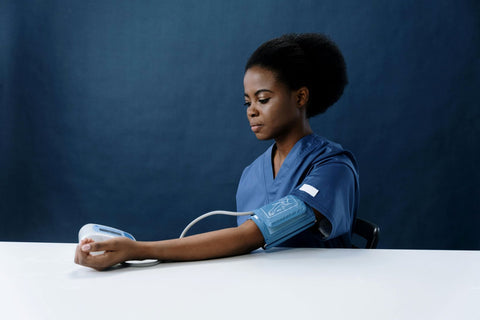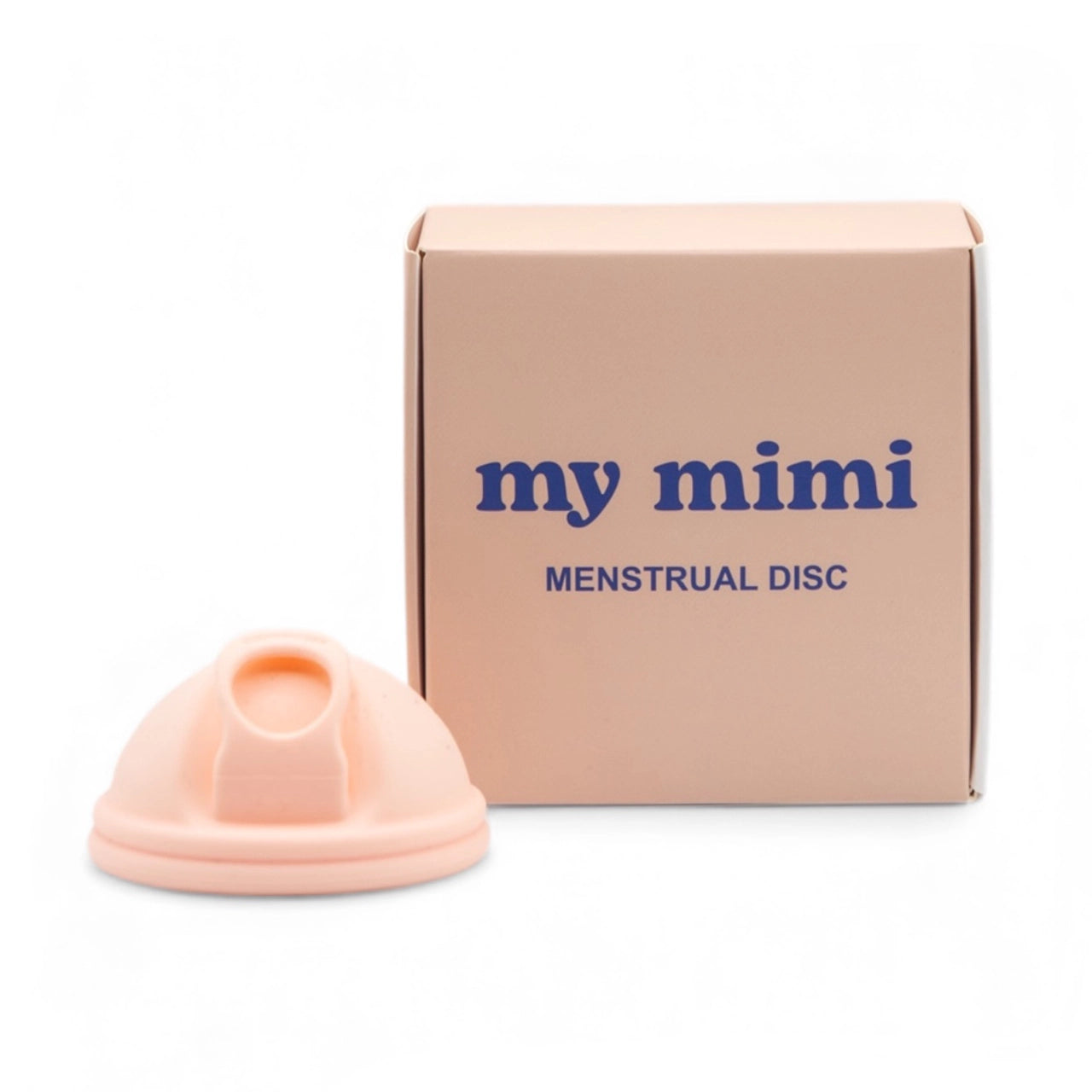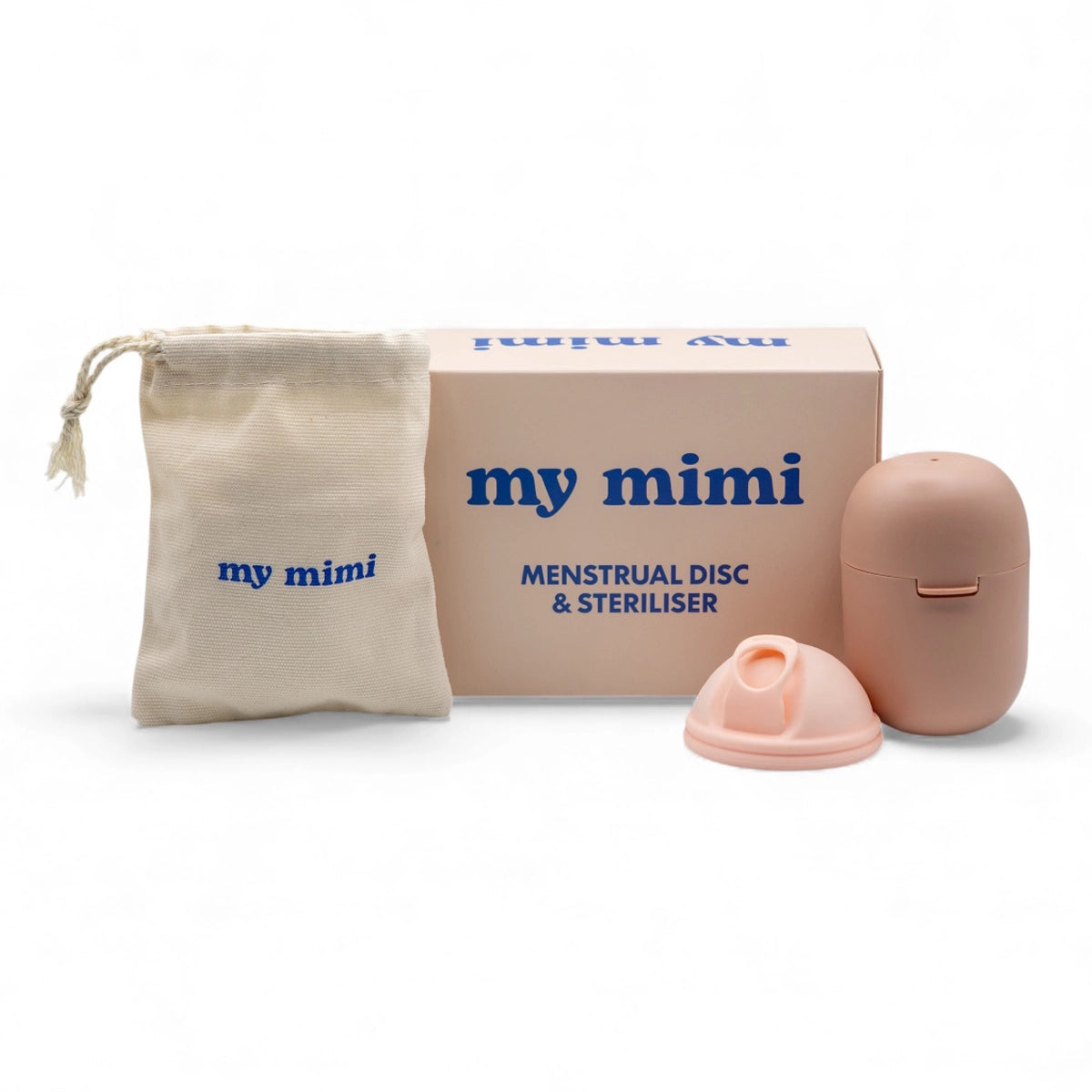Navigating the complexities of modern life often means juggling multiple responsibilities. In this whirlwind, it's easy to overlook one crucial aspect—our health. For women, regular health screenings play a vital role in maintaining overall wellness and catching potential issues before they become serious problems. This blog will walk you through why these screenings are essential, what they entail, and how you can integrate them into your routine for a healthier, happier life.
Understanding the Basics
What Are Health Screenings?
Health screenings involve a variety of tests and examinations aimed at identifying potential health issues early on. These can range from blood tests and mammograms to bone density scans and Pap smears. The goal is to catch conditions like cancer, diabetes, and heart disease in their early stages when they are most treatable.
Why They Are Crucial for Early Detection and Prevention
Early detection is key to effective treatment and management of many health conditions. Regular screenings serve as a preventive measure, catching issues before they manifest into more severe problems. For example, a routine mammogram can detect breast cancer years before any symptoms appear, drastically improving the prognosis.
Recommended Regular Screenings
Essential Screenings for Women in Their 20s and 30s
For younger women, the focus is often on reproductive health and basic preventive care. Regular Pap smears every three years can detect cervical cancer early. Blood pressure and cholesterol checks are also recommended to catch any early signs of heart disease.
Screenings for Women in Their 40s and 50s
Women in this age group should start considering mammograms to screen for breast cancer. Bone density tests may also be recommended, especially if you have risk factors for osteoporosis. Regular blood tests to monitor glucose levels can help catch diabetes before it becomes problematic.
Necessary Screenings for Women Over 60
For older women, the screening list expands to include colonoscopies for colorectal cancer, as well as continued mammograms and bone density tests. Annual eye exams can catch age-related vision issues, while hearing tests can help maintain quality of life.

The Impact of Skipping Screenings
Statistics on the Risks
Studies show that women who skip regular screenings are at a significantly higher risk of late-stage diagnosis of various conditions. For example, Women who skip cervical cancer screenings are 3-4 times more likely to be diagnosed with late-stage cervical cancer.
Real-Life Examples
Skipping health screenings can have dire consequences, some of which can be prevented through early detection.
Cervical Cancer: Jade Goody, a British TV personality, died from cervical cancer in 2009 at the age of 27. She had skipped regular Pap smears and was diagnosed with advanced cancer, highlighting the importance of early detection through regular screenings. Earlier detection could have improved her prognosis.
Breast Cancer: Sheryl Crow, the singer-songwriter, was diagnosed with early-stage breast cancer in 2006 during a routine mammogram. Because her cancer was caught early, she was able to undergo treatment successfully. Women who skip mammograms risk missing early detection, which could result in more aggressive treatment and worse outcomes.
Heart Disease: In 2011, former First Lady Barbara Bush underwent surgery for a blocked heart artery, discovered during a routine heart screening. Skipping cholesterol or blood pressure screenings can lead to undiagnosed heart disease, increasing the risk of heart attack or stroke.
Osteoporosis: Actress Sally Field was diagnosed with osteoporosis after a bone density test at age 60. Had she skipped the test, she may not have known until she suffered a fracture, which could have severely impacted her quality of life. Bone density tests can catch weakening bones early, helping to prevent fractures.

Overcoming Barriers to Regular Screenings
Addressing Common Concerns
Many women avoid health screenings due to fear, lack of time, or cost concerns. However, many insurance plans cover preventive services, and there are numerous programs offering free or low-cost screenings.
Practical Advice
Start by scheduling your screenings as you would any other important appointment. Use reminders on your phone or calendar to keep track. If fear is holding you back, consider talking to a healthcare provider about your concerns. Knowledge can alleviate many fears.
Empowerment Through Knowledge
Taking Control of Your Health
Understanding what screenings you need and why they are essential empowers you to take control of your health. "Regular health screenings are the cornerstone of preventive healthcare for women, allowing for early intervention and improved health outcomes," says Dr. Lisa Masterson, OB-GYN and host of the podcast Health in Heels. "Understanding what screenings you need and why they are essential empowers you to take control of your health."
Encouraging Action
Incorporate Screenings Into Your Routine
Making health screenings a part of your routine doesn't have to be complicated. Set annual reminders and book appointments ahead of time. Partnering with a healthcare provider can help you stay on track and ensure you receive the screenings you need.
Tips for Busy Women
For those juggling multiple responsibilities, consider combining your screenings with other activities. Schedule them during less busy times of the year, or align them with other appointments. Some clinics offer weekend hours or provide multiple types of screenings in one visit to save time.
Conclusion
Your health is your most valuable asset. Regular health screenings are an investment in your future, providing peace of mind and the knowledge that you're doing everything possible to stay healthy. Share this information with the women in your life and encourage them to make their health a priority too. Sign up for our newsletter to receive more tips on maintaining a healthy lifestyle and staying informed about essential health screenings.
By staying proactive and informed, you can take control of your health and inspire others to do the same. Remember, your health is worth it.
















